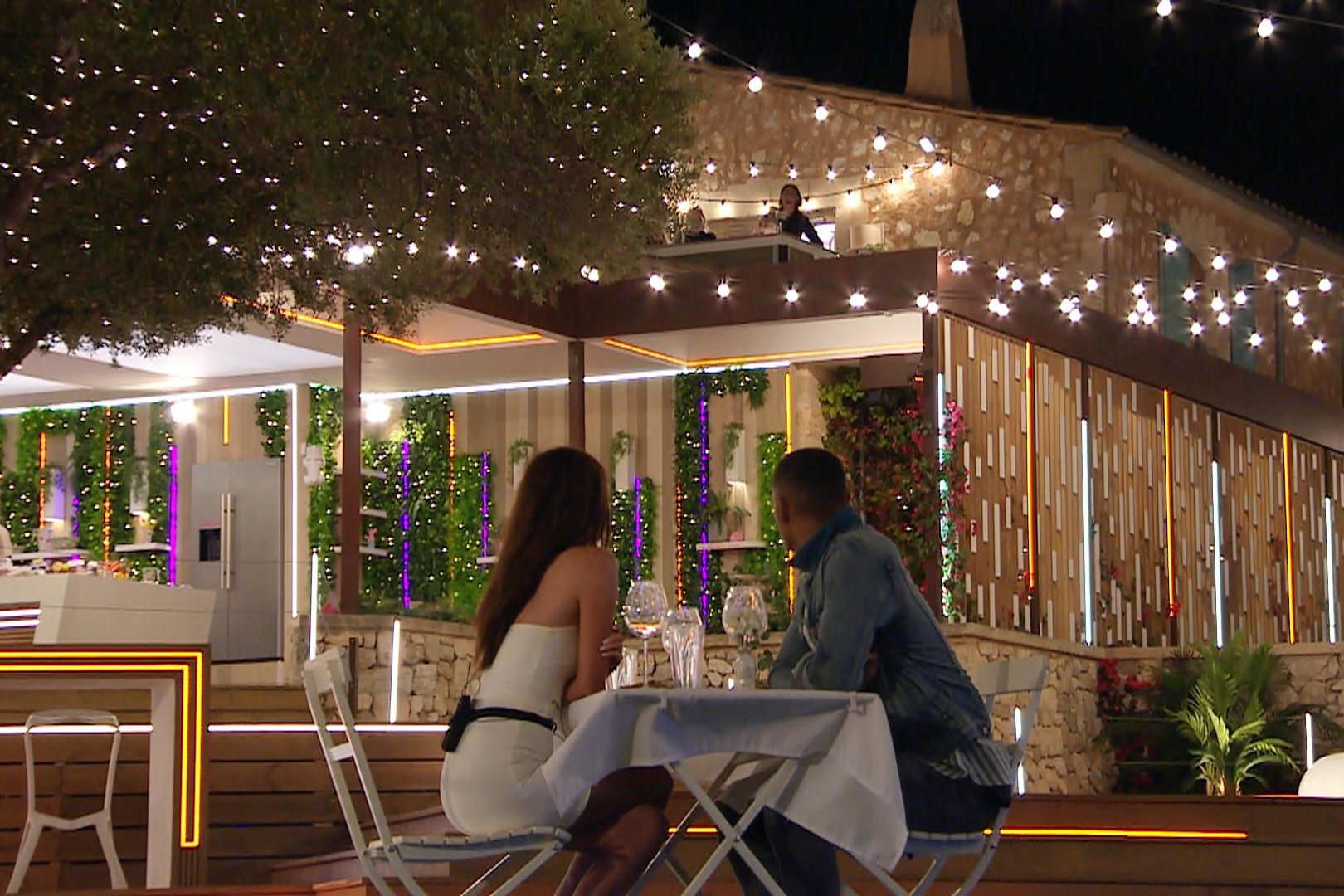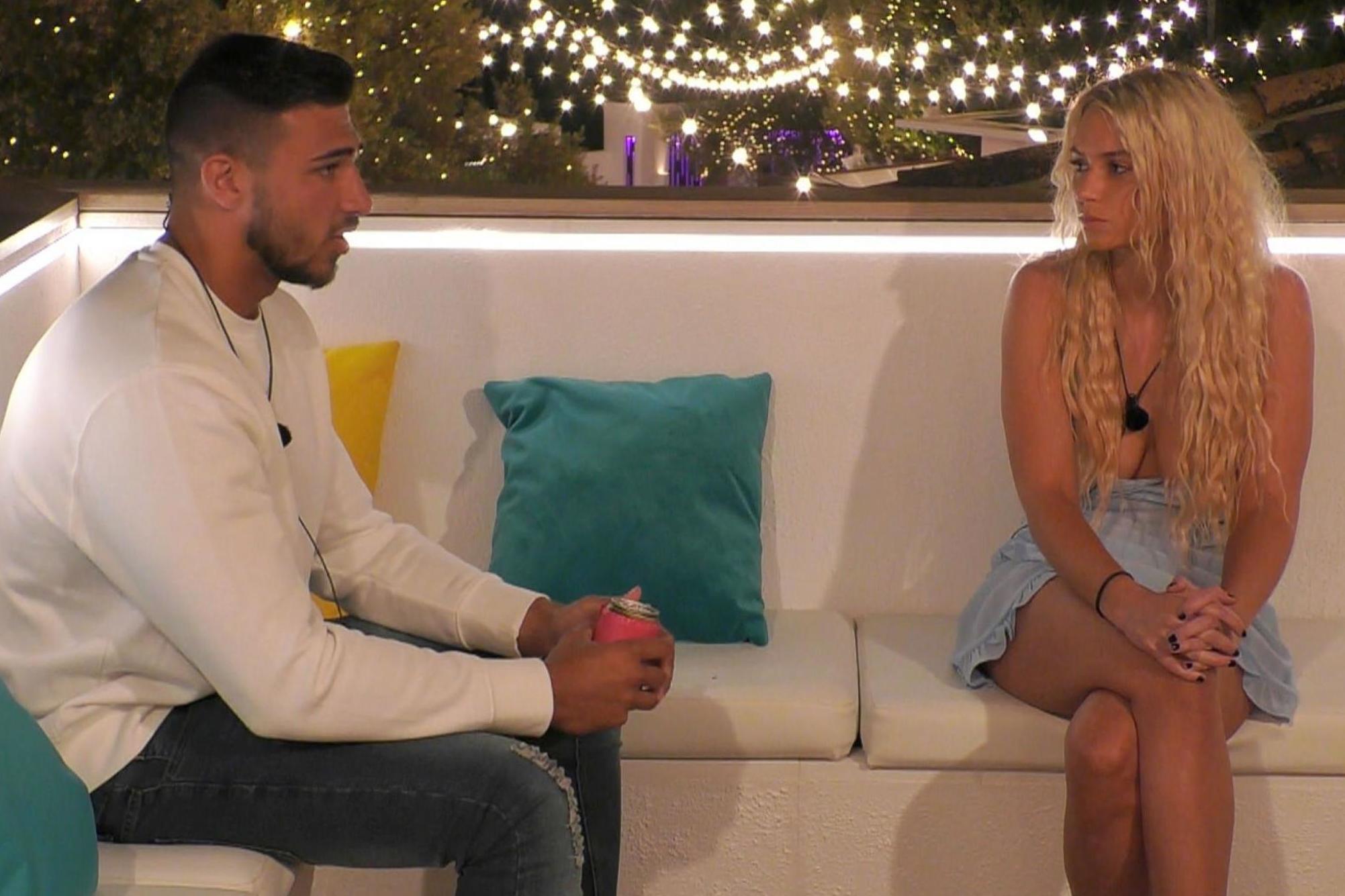Reality TV ‘encourages children to drink and smoke’, study suggests
Researchers say reality TV is a ‘major potential driver of alcohol and tobacco consumption’ in young Brits
Your support helps us to tell the story
From reproductive rights to climate change to Big Tech, The Independent is on the ground when the story is developing. Whether it's investigating the financials of Elon Musk's pro-Trump PAC or producing our latest documentary, 'The A Word', which shines a light on the American women fighting for reproductive rights, we know how important it is to parse out the facts from the messaging.
At such a critical moment in US history, we need reporters on the ground. Your donation allows us to keep sending journalists to speak to both sides of the story.
The Independent is trusted by Americans across the entire political spectrum. And unlike many other quality news outlets, we choose not to lock Americans out of our reporting and analysis with paywalls. We believe quality journalism should be available to everyone, paid for by those who can afford it.
Your support makes all the difference.Reality TV shows such as Love Island are encouraging young people to smoke or drink underage by bombarding them with images of alcohol and tobacco more than other prime-time programmes, a new study finds.
The study, conducted by researchers from University of Nottingham’s Centre for Tobacco and Alcohol Studies, measured depictions of alcohol and tobacco products on several reality programmes that aired on UK channels for 112 episodes between January and August 2018.
The programmes analysed also included Made in Chelsea, The Only Way is Essex, Geordie Shore and the now discontinued Celebrity Big Brother.
In total, the researchers estimated that 4.9 billion images of alcohol were shown to the UK population in the episodes, including 580 million to children under the age of 16.
Meanwhile, 214 million overall tobacco impressions were shown to the public, including 47 million to children under 16.
Researchers analysed the number of one-minute clips containing tobacco and/or alcohol imagery in the episodes, including actual use, implied use, tobacco or alcohol-related materials, product-specific branding and estimated viewer exposure to the imagery on screen. This data was then combined with audience viewing figures with mid-year population figures for 2017.

The research’s findings, which are published in the Journal of Public Health, showed that alcohol content appeared in all 112 episodes and in 2,212 one-minute clips, which is the equivalent of 42 per cent of all the footage studied.
Meanwhile, alcohol consumption was apparent in 18 per cent of footage and 34 per cent featured inferred consumption, predominantly by characters holding alcoholic beverages.
Love Island included the greatest number of clips showing alcohol, while alcohol branding featured in 69 per cent of Geordie Shore episodes.
Tobacco content appeared in 20 of the 112 episodes, with the majority (98 per cent) – including actual tobacco use, inferred tobacco use, and tobacco paraphernalia – featuring in Celebrity Big Brother.
“Given that seeing alcohol or tobacco imagery in the media promotes use among young people, our study therefore identifies reality television shows as a major potential driver of alcohol and tobacco consumption in young people in the UK,” says Alexander Barker, lead researcher on the study from the University of Nottingham’s Division of Epidemiology and Public Health.
“Tighter scheduling rules, such as restricting the amount of content and branding shown in these programmes, could prevent children and adolescents from being exposed to the tobacco and alcohol content.”

The researchers previously reported high levels of tobacco imagery, including branding, in the third series of Love Island in 2017.
However, after complaints over the level of smoking in the series to Ofcom, ITV decided to remove all smoking content featured in the show, resulting in the new study finding no content of that nature in last year’s series of the hit programme. At the time of receiving the complaints, an ITV spokesperson said: “The islanders are only shown smoking if this happens at the same time as they are having conversations we believe to be editorially important to the narrative of the show.”

The spokesperson added that the contestants’ cigarettes were in plain white packs so that the show would not be seen to be promoting one brand.
The Ofcom Code prohibits product placement of alcoholic drinks, cigarettes and other tobacco products. The organisation states that there must be “editorial justification” for a product to be placed in a programme.
In light of the new study, a spokesperson from Love Island told The Independent: "Alcohol is always restricted and provided by production in moderation at our discretion."
They added that while smoking is prohibited within the villa or the villa garden this year, producers have provided a designated smoking area outside of the villa where islanders will be able to have a cigarette if they choose to.
"Islanders will only be able to use the smoking area alone which will limit conversations," they added.

Join our commenting forum
Join thought-provoking conversations, follow other Independent readers and see their replies
Comments